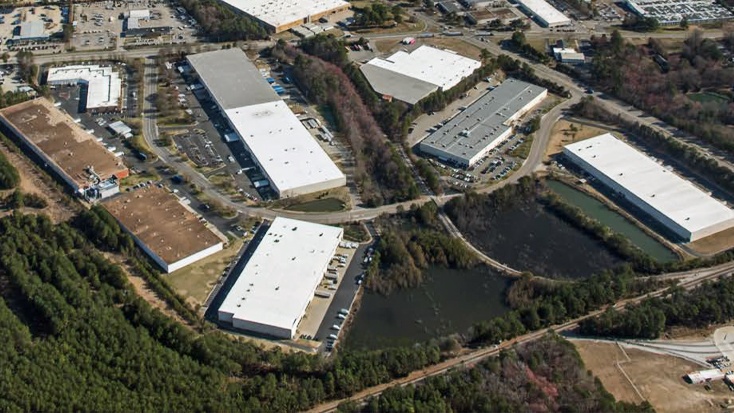A
I has moved from hype to a practical engine reshaping real‑estate strategy. It now informs market analysis, demand forecasting, building operations, and capital deployment, turning what once seemed futuristic into everyday necessity. The result is sharper decision‑making, richer tenant experiences, and higher profit margins.
The shift is driven by three forces: a deluge of data, leaps in computing power, and algorithms that learn, predict, and generate at scale. At Finanz Butik we view this as a structural change that alters building design, occupancy patterns, urban growth, and long‑term investor value.
**Core AI Technologies**
AI is a suite of tools that enhance organizational insight and choice. Machine learning discovers patterns in data, forming the backbone of predictive analytics. Generative AI creates text, images, and designs on demand. Computer vision decodes the built environment with precision, while natural language processing turns complex data into accessible language. Autonomous agents sit atop these layers, planning and executing full workflows. Together they constitute the spine of modern AI.
**Value‑Chain Applications**
Across the real‑estate spectrum, AI sifts massive datasets to reveal emerging trends, uncover off‑market assets, and strengthen underwriting with consistent, deep analysis. In acquisitions it flags migration shifts, price irregularities, and liquidity pockets before markets notice. During development it predicts delays, models cost risks, aligns construction schedules, and tracks progress, tightening budgets and timelines. Early planning tools evaluate zoning, simulate urban dynamics, and assess site potential pre‑groundbreaking.
In operations and asset management AI drives smarter buildings: it forecasts maintenance, cuts energy use, and spotlights anomalies early. Risk management benefits from rapid, thorough document and portfolio reviews that manual processes can’t match. Tenant experience improves through responsive services. Leasing and marketing gain from targeted outreach, price optimization, and streamlined workflows. Across the board, AI accelerates insight and sharpens strategic clarity.
**Economic Impact**
Morgan Stanley’s research on 162 REITs and commercial firms—525,000 employees—shows that roughly 37 % of sector tasks could be automated with emerging AI. Realized, this equates to over US$34 billion in efficiency gains by 2030, freeing resources for innovation, stronger investor ties, and long‑term value creation.
**Data Centers: The New Backbone**
AI’s growth fuels a parallel expansion of data‑center infrastructure. These facilities house the servers, networking, and power needed for large‑scale AI. Modern models rely on thousands of high‑performance machines that demand reliable power, advanced cooling, and robust connectivity. Data centers are now among the fastest‑growing real‑estate segments. The U.S. hosts 522 hyperscale sites (55 % of global capacity) and expects 280 more by 2028. CBRE reports that 95 % of major investors plan to increase allocations this year, with 41 % targeting US$500 million or more, signaling a shift toward data centers as a core institutional asset class.
**South Florida: An AI Hotspot**
Brookings identifies Miami as one of 28 “star hubs” for AI, ranking 22nd out of 195 metros on talent, innovation, and adoption. Miami’s blend of skilled workforce, robust infrastructure, and rapid adoption positions it for significant productivity, investment, and economic gains. The broader U.S. trend shows startups and tech firms moving to affordable, business‑friendly cities like Miami and Austin, driven by high quality of life, expanding talent pools, and proactive local leadership. Remote work’s permanence has reshaped where innovation thrives.
**Human Value and Responsibility**
AI does not replace people; it amplifies their capabilities, yielding better margins and higher profits. Real‑estate success still hinges on judgment, relationships, and trust—investor conversations, negotiation outcomes, and capital‑flow decisions. AI removes friction, allowing teams to focus on strategic, human‑centric tasks. It strengthens the industry by empowering its people.
Responsible deployment is essential. As AI embeds deeper into real‑estate, privacy, transparency, and accountability must guide every use. Finanz Butik treats AI as a force multiplier for judgment, creativity, and disciplined capital allocation, ensuring fairness, stronger investor relationships, and expanded market opportunities.
Leaders who blend data with discernment and innovation with empathy will shape the next era of real‑estate. That is the standard we aim to set.














